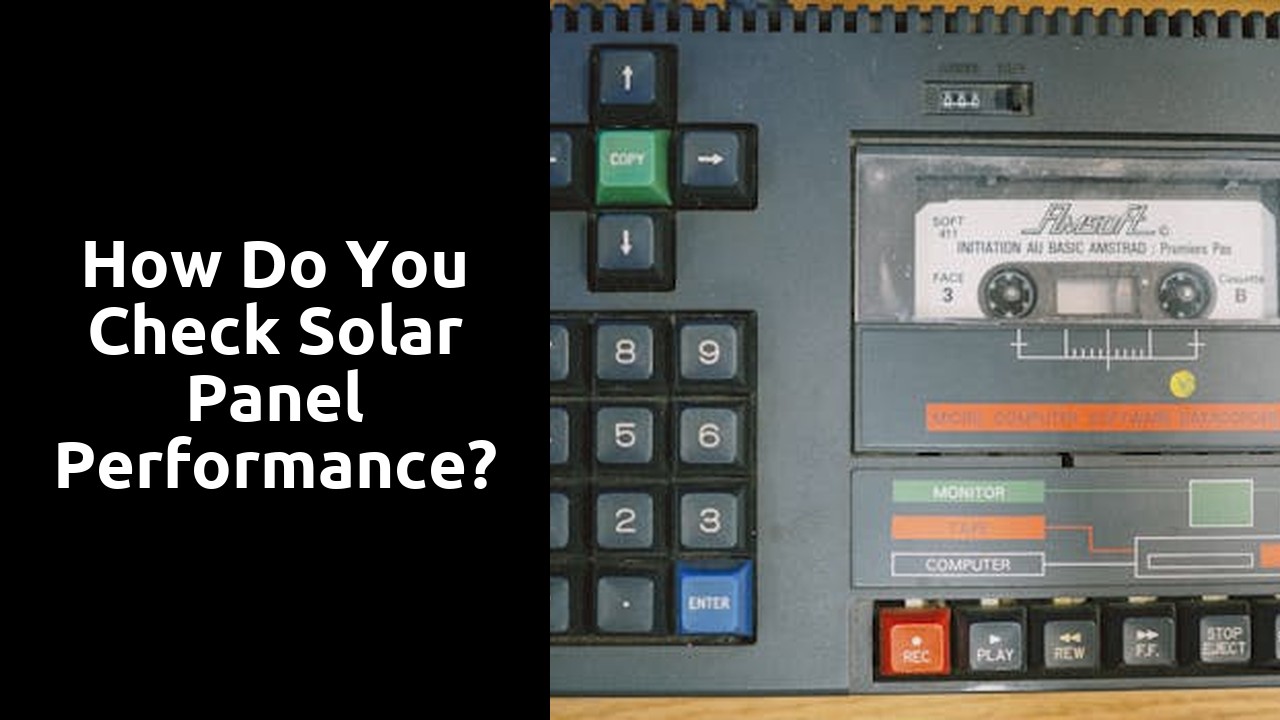
Consumer Protection Laws
Consumer protection laws in Australia play a crucial role in ensuring that consumers are safeguarded in their interactions with vendors and service providers in the solar industry. These regulations are designed to uphold standards related to sales practices, warranties, and overall consumer rights. In the context of the solar industry, consumer protection laws aim to prevent misleading representations about solar products and services, ensure transparent sales transactions, and address any disputes that may arise concerning
Solar Panel System Performance Auditing
.
Australia has specific legislation in place to protect consumers who invest in solar energy solutions. These laws provide consumers with avenues to seek recourse if they encounter issues such as faulty equipment, subpar installation practices, or deceptive marketing tactics. Additionally, these regulations mandate that companies operating in the solar industry adhere to fair and ethical business practices, promoting trust and reliability in the market. By enforcing consumer protection laws, authorities aim to create a level playing field where consumers can make informed decisions about their solar investments without fear of exploitation or misrepresentation.
regulations, penalties may be imposed on offending entities. The enforcement of these penalties serves as a deterrent to prevent future violations and maintain the integrity of the solar industry. By closely monitoring and enforcing adherence to standards, regulatory bodies aim to foster a transparent and reliable solar market in Australia, ultimately benefiting consumers and promoting the growth of renewable energy adoption.
Penalties for NonCompliance
Non-compliance with regulations in the solar industry can lead to severe penalties for businesses. Penalties may include fines, suspension of licenses, or even prosecution in serious cases. For instance, if a solar company fails to adhere to quality standards or misleads consumers, it can face hefty penalties as outlined by the regulatory bodies. Solar Panel System Performance Auditing is a critical aspect that can trigger penalties if companies do not comply with the performance standards set by the authorities. In such instances, businesses need to rectify any issues promptly to avoid facing legal consequences. The penalties act as a deterrent to ensure that businesses in the solar industry operate ethically and provide high-quality services to consumers.
Solar Rebate Programs
fair trading regulations relevant to the solar industry in Australia?
Fair trading regulations in Australia ensure that businesses in the solar industry act fairly and honestly in their dealings with consumers. The ACCC monitors compliance with these regulations. ####
How are monitoring and enforcement measures implemented in the solar industry in Australia?
The CER and the ACCC monitor and enforce compliance with regulations in the solar industry through inspections, audits, and investigations. They work to ensure that businesses abide by the laws and standards set by the government. ####
What penalties exist for non-compliance with regulations in the solar industry in Australia?
Businesses that fail to comply with regulations in the solar industry may face penalties such as fines, sanctions, or legal action. These penalties are enforced by the relevant regulatory bodies. ####
What solar rebate programs are available in Australia?
In Australia, there are various solar rebate programs to encourage the uptake of renewable energy. One such program is the Small-scale Renewable Energy Scheme (SRES), which provides financial incentives for installing small-scale renewable energy systems like solar panels. ####
What is the Small-scale Renewable Energy Scheme (SRES) and how does it benefit consumers?
The SRES is a government initiative that offers financial incentives to consumers who install small-scale renewable energy systems, including solar panels. This scheme helps reduce the upfront costs of installing solar systems and promotes the use of clean energy in Australia.
